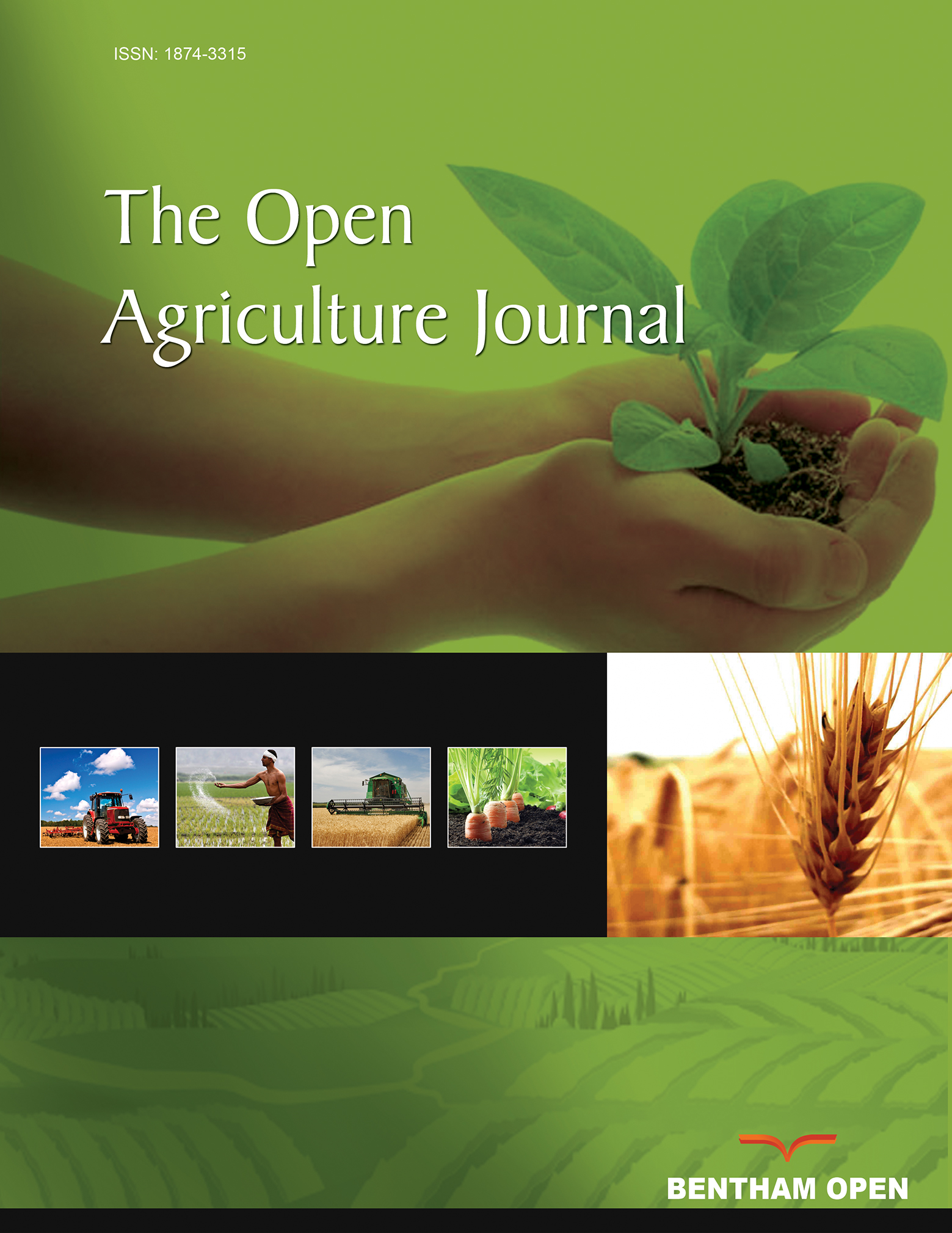All published articles of this journal are available on ScienceDirect.
Valorization of Vegetable Waste: Identification of Bioactive Compounds and Their Chemo-Enzymatic Optimization
Abstract
A growing demand – above all in industrialised countries – for safer foods and cleaner production processes has been observed in recent times. This has led to a drive, by the agro-alimentary industries, for waste reduction and upgrading as a strategy to reduce costs and achieve new sources of income. In fact, waste may be a source of high-added value products potentially useful as beneficial food constituents, food flavours and antioxidants, cosmetics, chemopreventive agents, drugs or drug adjuvants. In this regard, we have recently examined some vegetable wastes available in the Mediterranean basin as bioresources of useful compounds and we report here a short account of our work as an example of integrated approach between the query of agro-food industry for waste upgrading and the search of some sectors of chemical industry for bioactive products obtainable from renewable resources. We employed two different strategies aimed to the exploitation of vegetable by-products: 1) Identification or isolation of bioactive natural products in vegetable waste as possible source of lead compounds or enriched fractions. 2) Chemical and enzymatic modification of lead compounds available from vegetable waste to obtain optimized analogues, food additives, drugs or cosmetics. The results here summarised are focused on: a) isolation of antiproliferative constituents from almond (Prunus dulcis) hulls and grape (Vitis vinifera) stems; b) chemical analysis of extracts / fractions with antioxidant properties obtained from grape pomace and grape stems; c) chemical / enzymatic modification of hydroxytyrosol (26) and trans-resveratrol (11), two bioactive polyphenols available from vegetable waste.


